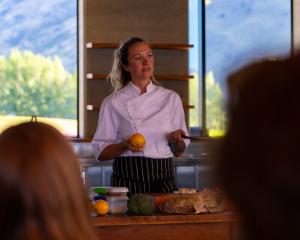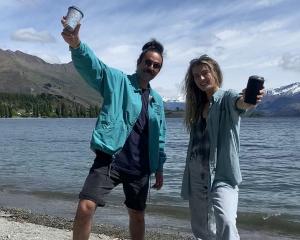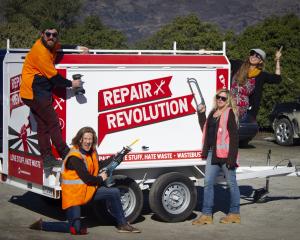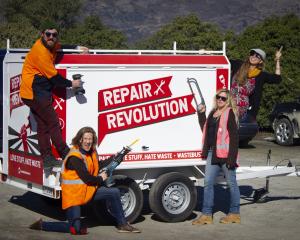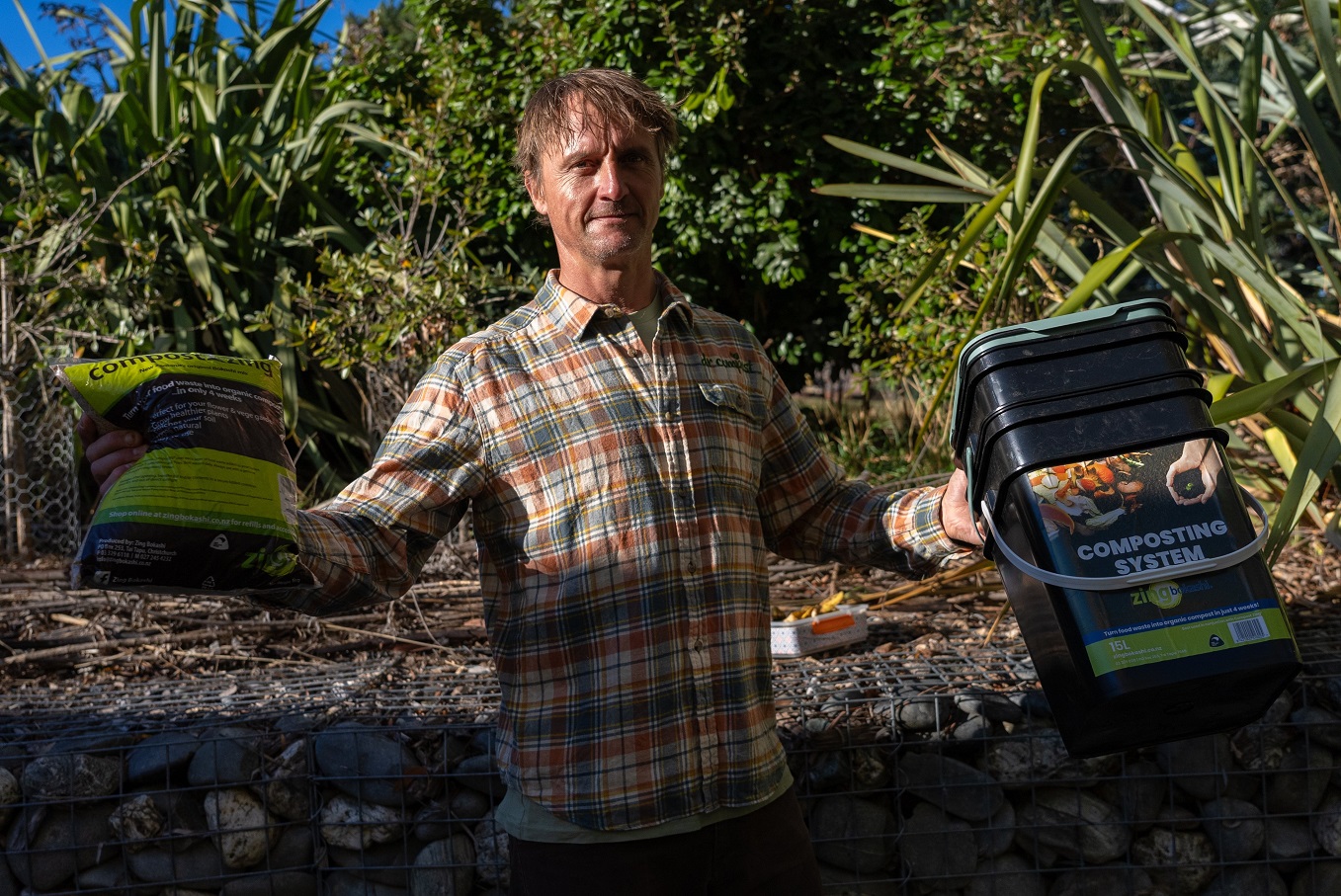
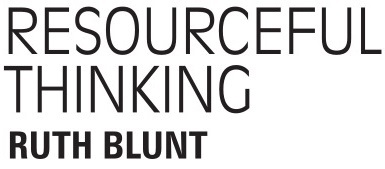
I have mostly neglected my garden this year. But found myself, shovel in hand, last weekend, burying the contents of several Bokashi buckets into an empty vege bed.
I am a Bokashi fan. I love the simplicity of the nested bucket system. The bucket sits next to the kitchen bench. We pop scraps into it every couple of days and sprinkle on a little zing. Once the bucket is full, we leave the contents to ferment for a couple of weeks before digging it into the garden. In reality, I will leave the buckets until I have no more buckets to fill — so it could be a while before I actually go dig it into the garden for the final stage of composting.
It’s not the first composting system we’ve used in my household. The compost tumbler went unturned, and the worms moved house. However, this system suits us, and ever since we put a fence between the dog and vege garden we haven’t had any problems.
My family of four can fill a 15 litre Bokashi bucket with food scraps about every three weeks. It works out at about 2kg of kitchen waste a week that gets composted back into nutrient rich soil. Our goal is to only compost the stuff we had no intention of eating, such as the vege peels, apple cores, bones. Sometimes, when life moves too fast, we don’t succeed, and the uneaten leftovers end up in there too.
So, what does this look like when you don’t or can’t compost? [And don’t live in Dunedin, where the city council has an organic waste collection]
The most recent audit of kerbside rubbish bins in the Queenstown Lakes district found organic waste filled up more than half of the rubbish bin. Of that, the majority (33%) was food waste. For bins that are put out weekly that’s 193kg every year. Roughly the same emissions as burning half a tonne of coal.
There’s huge support for organics collection in our district and across the country. People don’t want food in their rubbish bins. It’s sloppy and stinky, and takes up a lot of room.
When food ends up in our landfills, it breaks down without oxygen releasing methane, a potent greenhouse gas 25 times stronger than carbon dioxide. When it’s composted the benefits are multiple, from dramatically improving soil structure and fertility to increasing water retention.
New Zealand was on track to tackle this food waste problem through waste minimisation policies aimed at "improving household recycling and food scrap collections".
To date, only standardised recycling has been rolled out. In December, the government halted the four remaining waste minimisation policies.
The move stopped plans that would have required territorial authorities to provide organic waste collection services in urban areas by 2030. The policy shift comes alongside significant cuts to waste minimisation funding, the government reducing its waste programme by $177.7 million over four years.
The decision to abandon mandatory kerbside food scrap collections means districts without existing infrastructure no longer have the government support, funding and, perhaps, the desire to divert organic waste alongside all their other commitments.
Councils can apply for government grants through the Waste Minimisation Fund. However, the fund’s criteria have been broadened, spreading the available funding for waste minimisation action even thinner than before.
Currently in Queenstown Lakes, the only option for diverting kitchen waste is to home compost or take food scraps to one of our amazing community gardens. Grow Wānaka and Glenorchy Community Compost are two great initiatives that may be able to take your scraps.
The Queenstown Lakes District Council funds Dr Compost, a home composting project delivered by Wastebusters to help keep organics out of landfill.
Dr Compost, aka Hāwea Flat’s Ben Elms, has helped support legions of home composters in the Queenstown Lakes through his popular workshops, fun reels and generous knowledge sharing.
His upcoming winter gardening and composting workshops in Wānaka and Queenstown will inspire the green thumb in you. Whether you’re a seasoned composter or just starting out, the workshops are full of practical tips for growing and composting in our unique climate.
Without mandatory collection schemes, many districts around the country will rely on individual and community-led composting initiatives to address this challenge. While these grassroots efforts are invaluable, we need the support that only government policy can deliver to take meaningful strides towards reducing emissions and creating sustainable infrastructure.
As one of the top waste-producing nations in the OECD, according to New Zealand Infrastructure Commission Te Waihanga, standing still is not an option.
Workshops
Dr Compost is running workshops on these dates:
• February 26, Grow your own winter veges, with Dr Compost (Wānaka)
• March 3, Composting for a bumper crop (Wānaka)
• March 4, Grow your own winter veges, with Dr Compost (Tāhuna/Queenstown)
• March 12, Composting for a bumper crop (Tāhuna/Queenstown)
Book your free spot at humanitix.com/host/wastebusters.
Ruth Blunt is communications manager at Wastebusters. Each week in this column writers address issues of sustainability.



